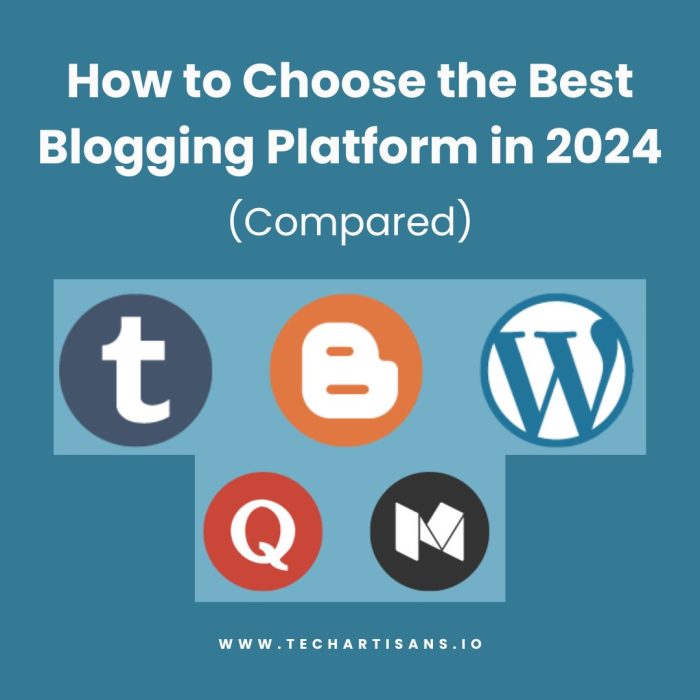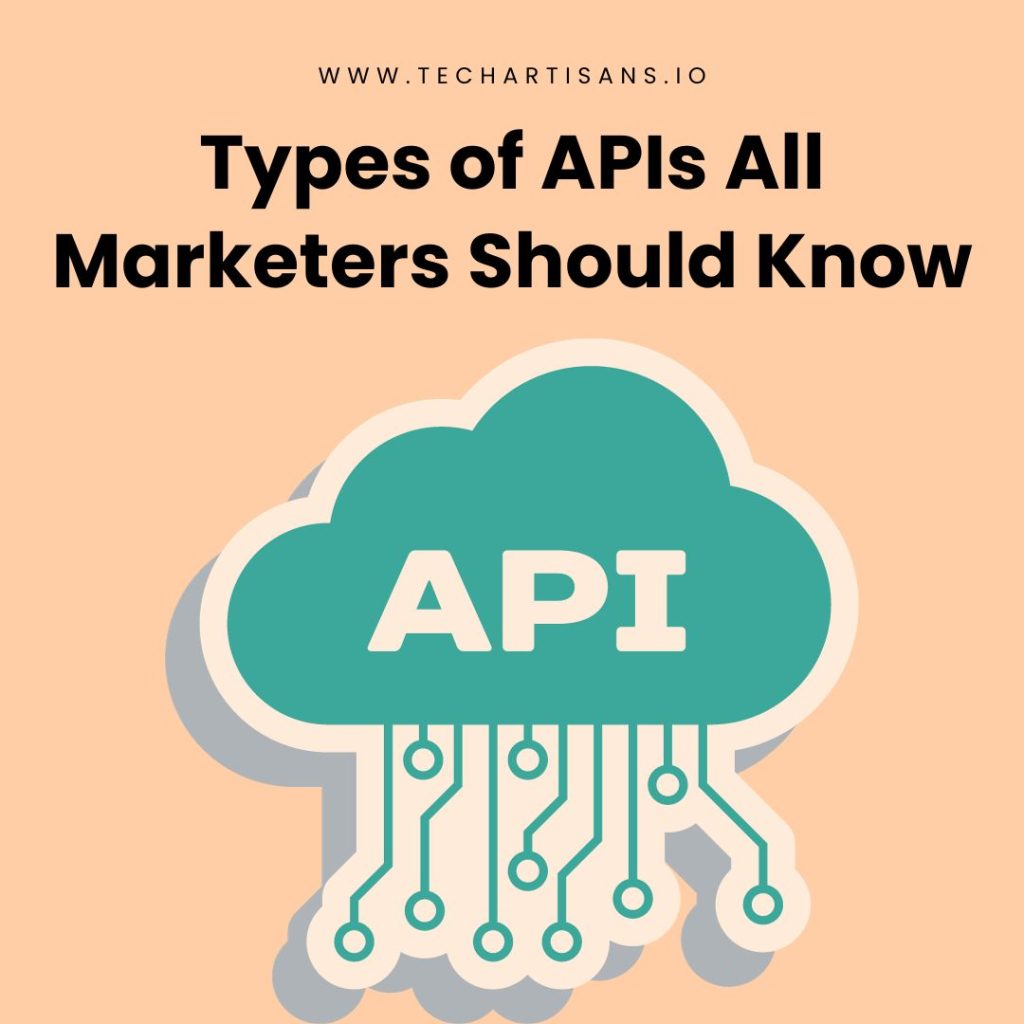In today’s digital age, selecting the right blogging platform is crucial for business growth and audience engagement. With numerous options available, this guide will help you make an informed decision by comparing the features of various platforms. Stay tuned to boost your online presence with the perfect an.
Why Choosing the Right Blogging Platform Matters
Choosing the right blogging platform profoundly impacts SEO, user experience, scalability, and your brand’s online success. Some platforms offer SEO tools, enhancing visibility, while user-focused features boost engagement. Scalability ensures future growth and support for advanced features. The choice is critical for your brand’s online presence.
Impact on SEO and Online Visibility
The correct blogging platform can significantly enhance your SEO, ensuring higher visibility for your brand on search platforms. SEO-friendly blog apps can generate organic traffic, improving your search rankings and increasing the online visibility of your business.
User Experience and Engagement
The right blogging platform can substantially improve the user experience and engagement. User-friendly blog apps offer intuitive navigation and appealing layouts that keep visitors on your site longer, encouraging them to interact more with your content and ultimately fostering loyalty towards your brand.
Scalability and Future Growth
Scalability is another essential factor to consider when choosing a blogging platform. A scalable blog app allows for growth and expansion over time, adapting to changing business needs and customer demands. It’s a crucial aspect to ensure long-term sustainability and success in the digital landscape.
Factors to Consider Before Choosing a Blogging Platform
Before diving into the comparison of various blogging platforms, it’s crucial to understand the key factors that influence your decision-making process in 2024.
Purpose and Type of Blog
The purpose and type of your blog significantly influence your blogging platform choice. Whether it’s a business blog, personal blog, or a niche-specific one like a food, travel, or technology blog, different platforms cater to different needs. Your chosen platform must align with your blog’s purpose and content type.
Technical Expertise
The level of your technical expertise also determines the best blogging platform for you. Some platforms require a basic understanding of coding, while others offer a user-friendly interface suitable for beginners. Choosing a blog app that matches your technical abilities will streamline your blogging process.
Budget
Your budget plays a crucial role in choosing a blogging platform. Some platforms offer free basic services with the option to upgrade to premium features, while others require a monthly or yearly subscription. Reviewing your financial plan and assessing the cost-effectiveness of each blog app will ensure you select a platform that offers maximum value for your investment.
Customization and Design Flexibility
Customization and design flexibility are crucial factors when choosing a blogging platform. This feature allows you to align the look and feel of your blog with your brand’s visual identity. The ideal blog app should offer a range of customizable themes and design options, enabling you to create a unique and engaging website that stands out in the digital landscape.
Monetization Opportunities
Monetization opportunities should also be taken into consideration when choosing a blogging platform. The ideal blog app will offer various avenues for making money, such as through advertising, sponsorships, affiliate marketing, or direct sales of products or services. This can provide a significant income stream and help your business grow.
Integration with Tools and Services
The integration capabilities of a blogging platform with other tools and services is a vital aspect to consider. The ideal blog app should seamlessly integrate with social media platforms, email marketing tools, analytics tools, and other services that enhance functionality and boost your blog’s performance. This integration fosters a smooth workflow, improves productivity, and enhances the overall user experience.
Review of Top Blogging Platforms
As we delve into 2024, the landscape of blogging platforms continues to evolve. Let’s take an in-depth look at some of the top blogging platforms that can effectively cater to the needs of small to medium businesses.
WordPress.org
WordPress.org offers a highly customizable platform with strong community support. It’s SEO-friendly, enhancing your blog’s visibility. However, it requires some technical knowledge for full customization and might involve additional costs for hosting and premium features. The platform itself is free to use.
WordPress.com
WordPress.com provides a user-friendly experience that takes care of technical aspects and offers built-in security features. However, it has limited customization options, and the free plan has monetization limitations. Pricing starts at $4 per month for access to added features.
Squarespace
Squarespace stands out with its visually appealing templates, user-friendly interface, and built-in SEO tools. It offers less customization compared to some platforms and has a limited plugin ecosystem. Pricing for Squarespace plans starts at $12 per month.
Weebly
Weebly excels in its simplicity, user-friendly mobile device management, and good customer support. However, it offers limited customization options, and the free plan displays Weebly ads. Pricing for Weebly plans starts at $6 per month for access to premium features.
Wix.com
Wix.com is celebrated for its user-friendliness, extensive template collection, and high degree of customization. However, it’s important to note that once you choose a template, it cannot be changed later. The free plan includes Wix-branded ads. Wix.com offers premium plans starting at $14 per month, providing access to additional features.
Hubspot CMS
HubSpot CMS excels in integrating marketing and analytics tools, ideal for small to medium businesses seeking a unified online presence. Yet, it comes at a higher price point, which might be overwhelming for beginners. Pricing starts at $300 per month, encompassing access to the marketing hub, customer service hub, and sales hub.
Medium
Medium shines with its simplicity, built-in audience, and exposure for new writers. It falls short in customization options and monetization avenues. It offers free publishing but charges $5 per month or $50 per year for access to other writers’ content.
Ghost
Ghost stands out for its speed, simplicity, and open-source nature which allows for customization. It lacks features and flexibility, making it less suitable for extensive customization or eCommerce. The fully managed version of Ghost starts at $9 per month.
Web.com
Web.com offers 24/7 customer support and built-in marketing tools to help business owners effectively promote their blogs. However, it comes with limited design freedom, and you’ll need to upgrade to premium plans to remove Web.com ads. The platform provides a free basic plan, with premium plans starting at $5.95 per month.
Blogger (Blogspot)
Blogger (Blogspot) is known for its simplicity, making it an ideal choice for beginners. It also supports Google’s ad network, offering potential revenue sources. However, it comes with dated themes and limited customization options. The pricing is free, including hosting and access to HTML code, making it accessible for new bloggers.
Rise of Blog Apps
In 2024, the blogging landscape is evolving with a focus on mobile blogging platforms. These platforms prioritize convenience, mobility, and user experience, changing how content is created and shared. Blog apps are at the forefront of this transformation, shaping the future of blogging.
Brief Overview of What Blog Apps Are
Blog apps are mobile tools that streamline blog content creation and management. They provide features like drafting, editing, publishing, and analytics tracking on mobile devices. These apps support efficient content creation and help bloggers maintain their online presence while on the move.
Benefits of Using Blog Apps
Blog apps offer several advantages. They enable quick content creation and publishing from anywhere, keeping your blog current and engaging. Their user-friendly interfaces simplify content management, making them accessible even to beginners. Additionally, integrated analytics provide real-time insights, helping you refine your marketing strategy and expand your blog’s influence.
How They Compare to Traditional Blogging Platforms
Compared to traditional platforms, blog apps offer greater flexibility and convenience by allowing you to blog from anywhere. They often have user-friendly interfaces, making content management easy, even for beginners. However, traditional platforms may provide more customization and features, so your choice should align with your blogging needs and goals.
How to Migrate from One Platform to Another
Migrating from one blogging platform to another may seem complex, but following these steps can make the process smoother.
Steps to Consider When Switching Platforms
Choose the new platform based on your current and future blogging needs.
Export your content from the old platform and import it into the new one.
Customize your blog’s design, SEO settings, and other features to fit your brand’s image on the new platform.
Redirect traffic from your old blog to the new one using 301 redirects. This ensures that your readers can still find your content.
Promote your new blog and update any social media or external links to your old platform.
Monitor analytics to ensure a smooth transition and make any necessary adjustments.
Potential Challenges and How To Overcome Them
While migrating, you may encounter challenges such as broken links or changes in formatting. To prevent these issues, thoroughly test your new blog before going live. Keep backups of your old content and regularly check for any discrepancies during the migration process. Additionally, seek support from the new platform’s customer service team if needed.
Future Trends in Blogging Platforms
As we look towards the horizon of 2024 and beyond, several emerging trends are set to redefine the blogging platform landscape. Let’s delve into these anticipated shifts and explore how they might shape the future of blogging.
Predictions for the Future of Blogging
In 2024 and beyond, we anticipate an increased adoption of AI-driven content creation tools within blogging platforms, revolutionizing the way blog content is produced. Additionally, expect to see a rise in voice blogging, spurred by advancements in voice recognition technology and the growing popularity of voice search.
Emerging Technologies and Their Potential Impact
Blockchain technology has the potential to introduce decentralized platforms, ensuring content ownership and transparency in blogging. Virtual and augmented reality technologies will make blogs more immersive and interactive, changing how content is consumed and presented.
Conclusion
Choosing the best 2024 blogging platform involves considering your goals, user experience, customization, scalability, and budget. Blog apps offer mobility and convenience. Stay tuned for guidance on setting up an autoblog in WordPress, a valuable strategy for maintaining regular content and enhancing SEO.
Frequently Asked Questions
Here are the most common FAQs about the best blogging platform.
What is a Blogging Platform?
A blogging platform is a service or application that facilitates the creation of web pages for publishing your content. These platforms provide a wide range of features including customizable themes, post-scheduling, and SEO tools.
How do I Choose the Best Blogging Platform for My Needs?
When choosing a blogging platform, consider your goals, technical capabilities, budget, and the specific features you require, such as social media integration, SEO optimization tools, and e-commerce capabilities.
Are Free Blogging Platforms Worth It?
Free platforms can be a good starting point for hobby bloggers, but they come with limitations such as lack of control, limited monetization options, and restrictions on custom domain names. For a professional blog, a paid platform is a more suitable choice.
How Does a Blog App Factor in Choosing a Blogging Platform?
As more users access content via mobile, choosing a blogging platform with a high-performing blog app can offer an improved reading experience for your audience. It also lets you manage your blog on the go.
What Is the Role of SEO in Blogging?
SEO is crucial in blogging as it helps your blog rank higher in search engine result pages, making it more visible to potential readers. Most blogging platforms offer in-built SEO tools to help optimize your content.
Can I Migrate My Blog to Another Platform?
Yes, most blogging platforms allow you to migrate your content, though the complexity of the process can vary. Always back up your content before the migration.
What Trends Should I Be Aware of For Blogging in 2024?
Key future trends include increased AI integration, voice-activated blogging, mobile-first design, multilingual blogging, blockchain technology, and the use of VR and AR in content delivery.







